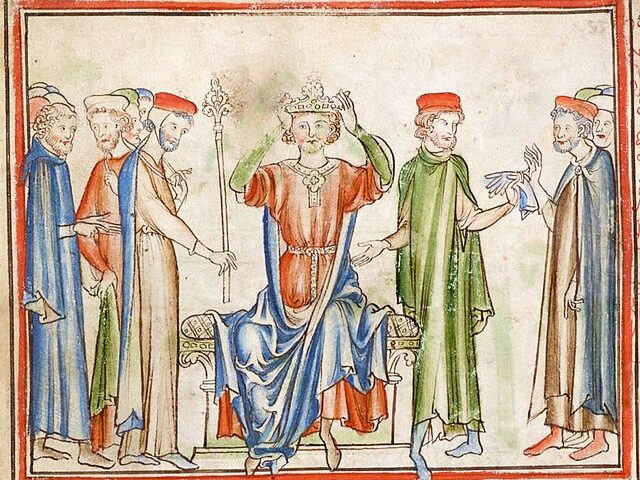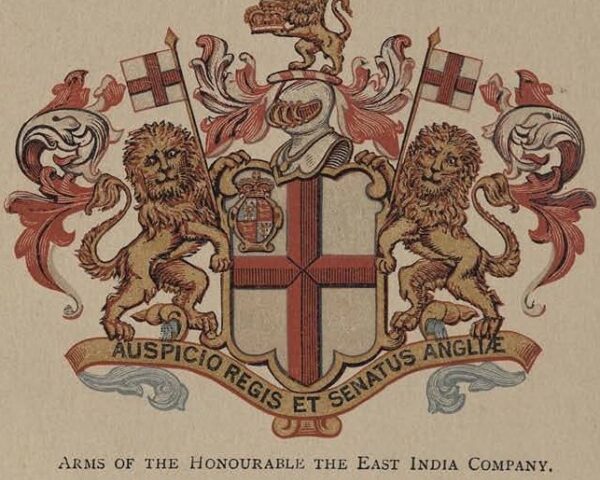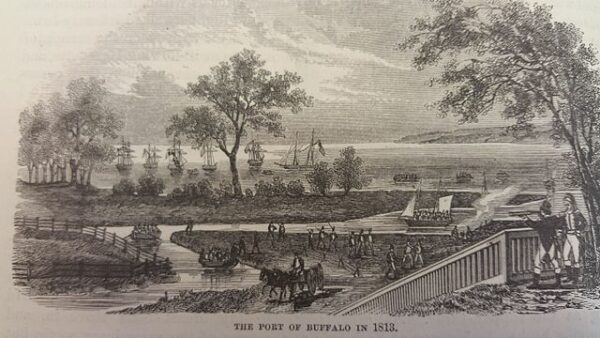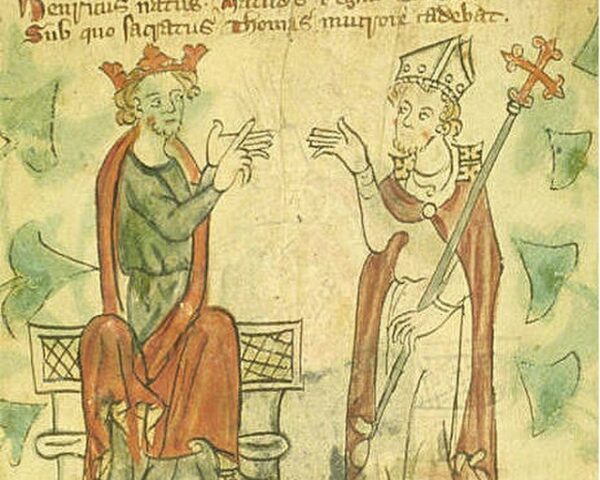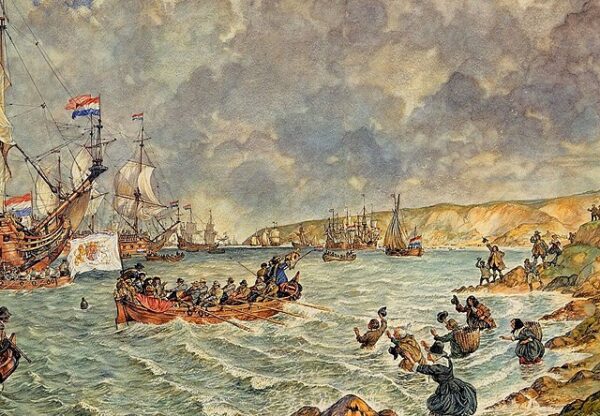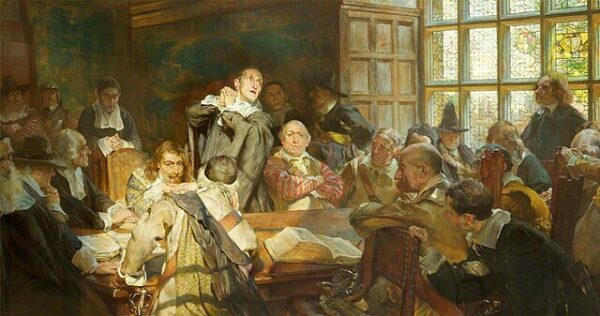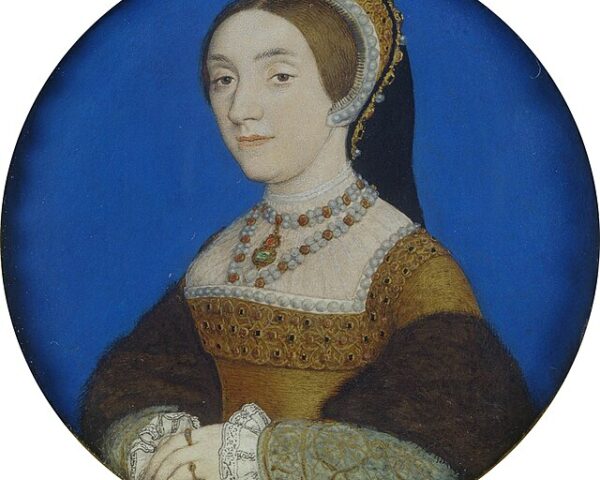On January 6, 1066, England made a choice meant to preserve order—and in doing so set itself on the path to conquest. The day after the death of Edward the Confessor, the kingdom’s leading nobles and churchmen gathered in London for an emergency session…
Read MoreOn December 31, 1600, Queen Elizabeth granted a Royal Charter that changed the world. The East India Company was established by a group of English merchants who aimed to monopolize English trade with all countries east of the Cape of Good Hope and west…
Read MoreOn December 30, 1813, British troops crossed the icy Niagara River and set fire to the American village of Buffalo, New York, reducing much of the settlement to ashes and marking one of the most destructive episodes along the northern frontier during the War…
Read MoreThomas Becket’s ascent to the pinnacle of English ecclesiastical power and subsequent assassination is a tale that profoundly shaped the historical landscape of church-state relations across Europe, but especially in Great Britain. Initially serving as a trusted confidant and Chancellor to King Henry II,…
Read MoreOn December 23, 1688, James II of England fled England for France, bringing to a close one of the most decisive constitutional crises in English history. His flight—effectively an abdication—marked the culmination of the Glorious Revolution, a political upheaval that replaced a reigning monarch…
Read MoreOn December 17, 1983, London witnessed one of its darkest days when a car bomb exploded outside Harrods Department Store, killing six people and injuring nearly 100 others. The Provisional Irish Republican Army (IRA), a paramilitary group advocating for Irish unification, orchestrated the attack.…
Read MoreOn December 16, 1653, Oliver Cromwell formally assumed the title of Lord Protector of the Commonwealth of England, Scotland, and Ireland, marking the beginning of the English Protectorate and one of the most paradoxical chapters in British constitutional history. Less than four years after…
Read MoreThe Root and Branch Petition, presented to the Long Parliament on December 11, 1640, stands as one of the most provocative and destabilizing petitions of the English Reformation era. Signed by an estimated 15,000 Londoners—an extraordinary number for the period—it demanded nothing less than…
Read MoreThe message was clear on December 10, 1541, stay away from the queen. The day marked one of the grim pieces of Tudor justice when Thomas Culpeper and Francis Dereham were executed for improper relations with Catherine Howard, the young queen and fifth wife…
Read MoreLondon in the 1760s was a city in the midst of profound commercial and cultural transformation. The Seven Years’ War had recently concluded, redirecting wealth and attention back toward domestic pursuits; aristocratic collections, gentlemanly libraries, and cabinets of curiosity were flourishing; and the city’s…
Read More

